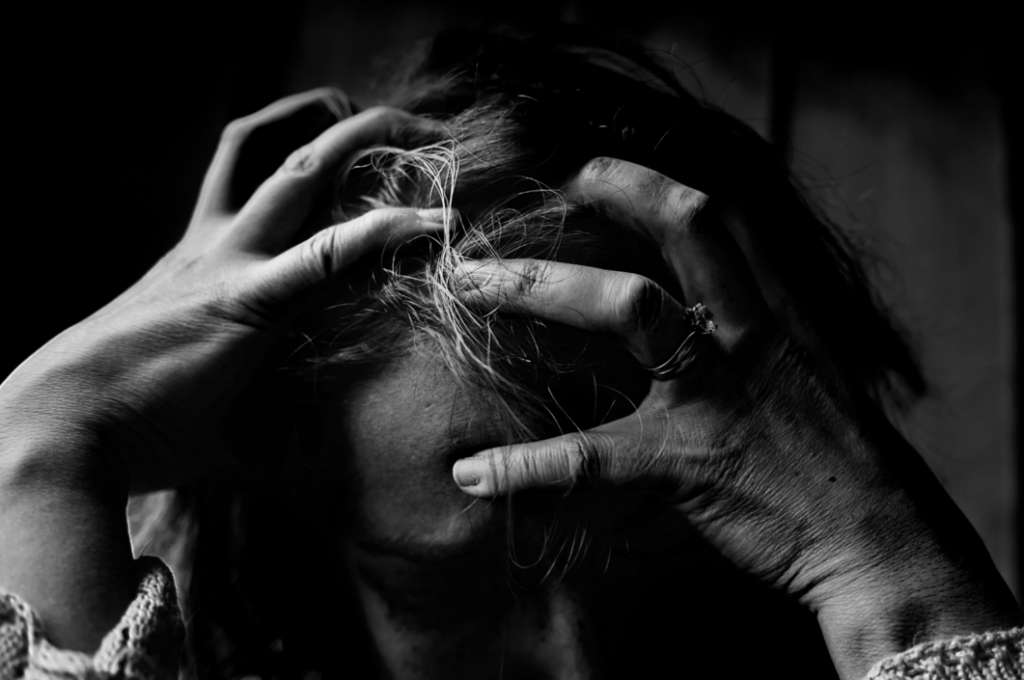

The wound is critical for creating dimensional characters and, thus layered stories. Ah, the masks we wear. We all have them because it’s impossible to be fully human and devoid of cracks.
We all have a wound. In fact if you make it past childhood you’re probably carrying around more than carry-on baggage (more than ONE wound). Yet, therein lies the conundrum for those who long to become writers. We’re all cracked, damaged, dinged yet simultaneously bombarded by countless conflicting messages.
It’s okay to cry, darling. Just next time wear the waterproof mascara. You’re a mess.
Many of us are the walking wounded, encouraged to embrace our flaws, experience all our emotions…but then cover them up because no one wants to see that. Jeez!
This ‘logic’ is absurd enough in life, but for authors we must choose the painful path if we hope to write the great stories, the ones that change people and endure. Perfect, flawless, normal and well-adjusted spell death for fiction. Superb stories provide a safe place for readers to ‘feel and heal’ and our job is to deliver that.
Yet, this comes at a price. I know! Always a catch.
Funny Thing About Pain
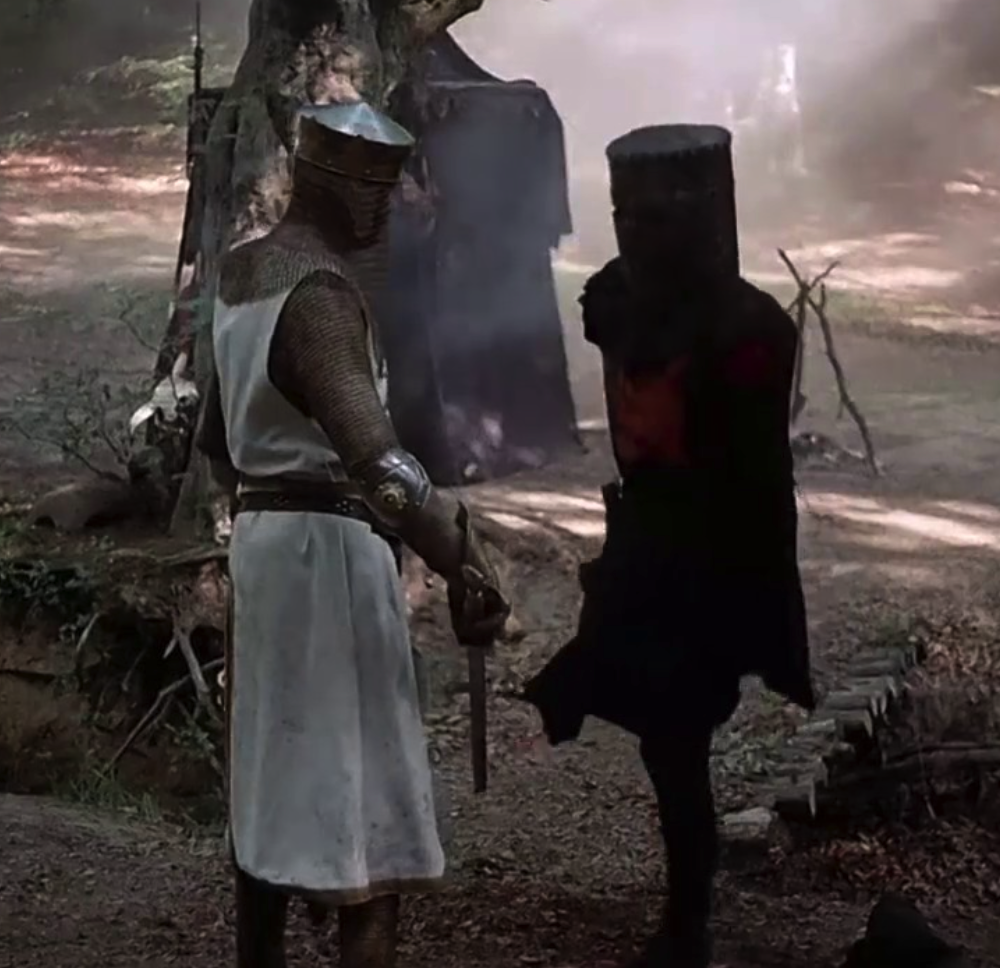

I remember the first time I broke a bone. I was barely four. What stands out most is it didn’t hurt. At all.
I remember gaping at my left arm in a spiffy S shape, unable to wrap my head around why there was NO pain. After many years and many more injuries I learned the wounds that hurt were never as bad as ones that didn’t.
Of course this is basic physiology. When an injury is bad enough it overloads the pain centers of the brain, short-circuiting our ability to feel anything. This gives time for the sympathetic nervous system to flood the body with hormones to keep us alive.
Heart rate slows, blood pressure drops, and our endocrine system unleashes a tsunami of fight or flight hormones. All these physiological responses—in the meantime—are necessary for us to survive long enough to do something about the wound.
If, however, the shock is not dealt with, the victim will ironically die from the very mechanism designed to keep the body alive.
Emotionally Walking Wounded


Something similar happens to us when we experience emotional trauma. Emotional disconnection—also known as denial—is the mental equivalent of ‘being in shock.’
Our body never intended ‘denial’ to be a permanent solution, just a stopgap to protect our psyche from overload. It’s the brain’s way of protecting us from emotional implosion (I.e. a nervous breakdown or psychotic break).
Like the body lowers blood pressure and heart rate to keep us from bleeding to death, the mind dulls our emotions and minds to keep us from unraveling. There will (should) be a time and place to face the trauma, but drinking demons from a fire hose is not our brain’s first choice.
The trouble, however, is that though we need to face these traumas, denial can become a ‘comfortable enough’ purgatory.
This is where our MC should be in the beginning. There is a wound and they are in denial. The story is what will bring about authentic healing.
Our characters (like their creators) have become masters at hiding, stuffing or numbing negative emotions into submission. Maybe they’ve endured their wounds so long they’re unaware the wounds exist because pain is their ‘normal.’
Dare to Look for the Wound


As authors, we’re wise to appreciate that readers read for the same reasons writers write. Wounds. This is where things get…tricky. Many writers write as a way to treat our own wounds. Face it, writing fiction is way cheaper than a good shrink or solid criminal defense attorney.
Murdering imaginary people is legal 😀 . *double-checks on Google* Yep, totes legal.
Many of us learned in high school it was safer to bleed in the library because the sharks were in the cafeteria. Trouble is, being afraid to face or admit we’re anything but perfect makes for some seriously dull as crap ‘stories.’
Yet, I posit this:
All fiction is about a wound colliding with a core problem in need of resolution.
Fiction (stories) must possess both wounds and a core problem. Ideally, the wound and the core story problem will somehow be related.
If we only have problems, we don’t have a story. There is no drama, only melodrama. We have bad situation after bad situation after bad situation. Characters passively flung like flotsam and jetsam on the cruel currents of Life’s Unfair.
*yawns*
When our character(s) wax rhapsodic about inner demons (sans core problem in need of resolution), that isn’t fiction either. It’s comes across as self-indulgence, journaling, whining, lecturing or even pontificating.
Why? Because fiction is the wrong medium for solely discussing wounds. Essays? Self-help? Blogs 😀
Cool…maybe. As fiction? Snoozefest.
Writers KNOW the Wound
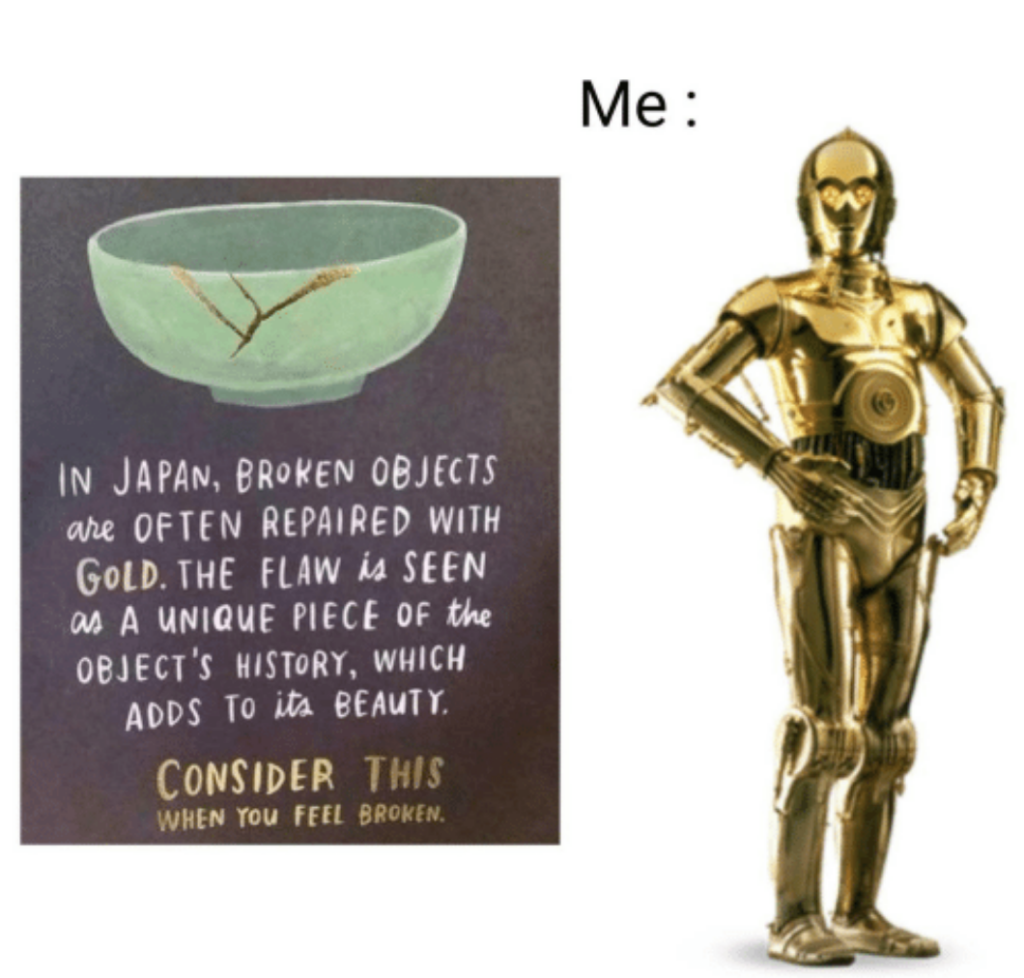

We are all emotionally messed up to some degree. If you’re not at all messed up then you’re a) a robot b) in denial c) a sociopath d) not fit to be a writer. There is no normal. ‘Normal’ is a setting on the dishwasher. That and normal is also…normal (a.k.a. boring), ergo terrible fiction.
Readers cannot connect with perfect, but they will connect with wounds. This means we writers, uh, need to connect via wounds.
Yeah.
Also, the wounds we will write the best *tugs collar* will likely be the ones we hide deepest and….*mutters low* the ones we fear most.
Remember…
Dragons always guard the treasure. The larger the treasure, the bigger the beast. Emotional damage in fiction is GOLD.
This means, my relentless drive to hone my skills as an author has been a petal-lined path with unicorns, rainbows and daily facials.
Okay that was a total lie. WHAT? I’m a writer. It’s what we do.
I had to face I am an OCD control freak, a rabidly critical perfectionist, and a Type A+ because Type As didn’t do the extra credit #Slackers.
So Many Masks to Hide the Wound
And so little time. If we want to excel at writing, first things first. Write what you know.
What are our masks? What wounds are we hiding? If we are brave enough to do this hard work, this is when the great stories happen (which we’ll talk about in another post).
For me? My primary go-to mask is the clown. Shocking! I KNOW!
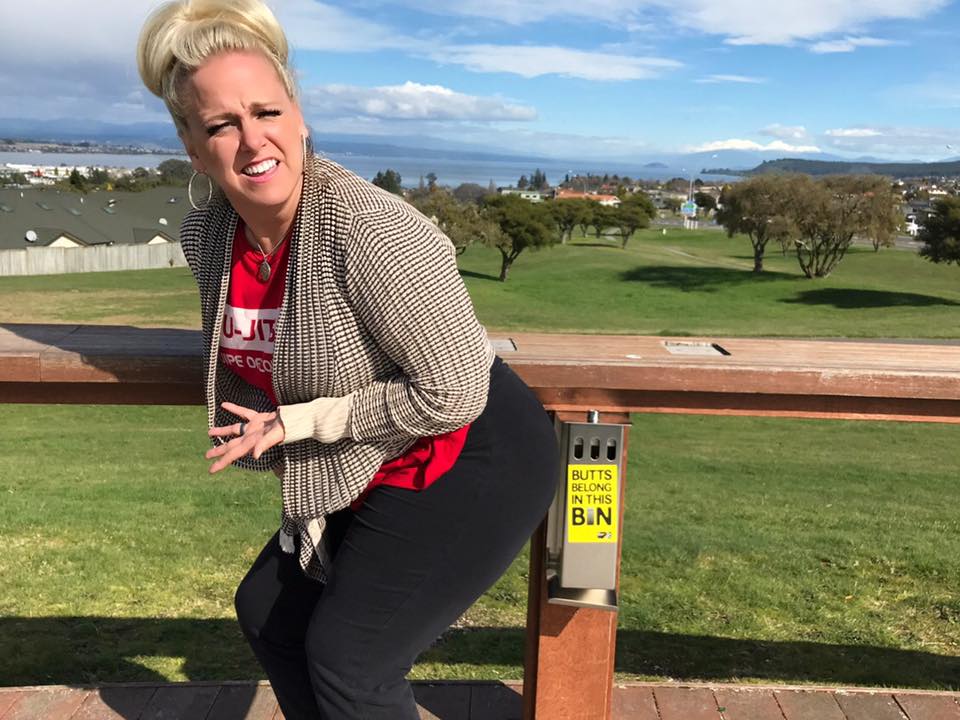

Writer brains. Sigh.
Which humor is wonderful. I love to laugh and love making other people laugh even more. The problem, however, is that I use comedy to deflect, minimize, hide and, if pushed?
Fight dirty.
Alas, there’s a good reason comedians have such a high suicide rate. They might be the funniest person in the room, but they’re often the most wounded. Jokes are a fantastic smokescreen for pain.
This means most other people are oblivious to how deeply the ‘clown’ is hurting (I.e. Robin Williams). The self-defense mechanism ends up being the comic’s undoing.
Case in point, I was once in a horrible accident and had all the EMTs cracking up as they prepped me for the ambulance. My shame for actually ‘needing help’ spilled out in grand comedy, almost to my detriment.
The first responders initially had no idea how badly wounded I really was because I kept them in stitches…since me needing stitches was *shivers* such a burden.
Though I hate admitting this, I’m fairly sure if I were shot I would either a) make jokes or b) profusely apologize for the mess as I tried to clean it up while stemming the bleeding…without using the good towels c) try to do surgery on myself with a glue gun and Batman stickers to save money or d) all of the above.
I learned to hide my weakness, needs, hurts behind a mask of humor and still do. When that doesn’t work? I have a vast collection of other guises to fake that everything’s fine.
Also, this is opening my eyes to others. What are their masks and what wounds are still bleeding beneath?
The WHY Reveals the Wound
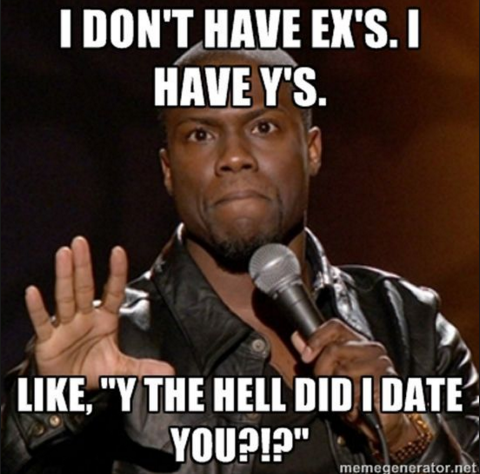

I’m challenging you guys to embrace the wound because humans are born of blood and so are the best characters. It’s what makes them feel so real. Sure we can have a tattooed felon or a homeless prostitute as an MC but that damage is more obvious. Those types of characters also won’t work in some genres.
Let’s take an MC who’s a trauma surgeon determined to save lives. Great. How do we keep this super perfect character from being one-dimensional and boring?
Go for the WHY. WHY did she become a surgeon in the first place? Was she hoping to finally earn praise from emotionally absent parents? Maybe she’s competing with a sibling who always seems to outdo her? Does she hide in her profession because she can’t handle the mess that is her home life?
Dig deep.
WHY does your heroine need to make every holiday storybook perfect? What propels your hero run into burning buildings? Is there a reason your cupcake baker is an OCD perfectionist?
Why do they do what they do, good and bad? They do all this because they are compensating for a hidden wound.
And if not, they’re likely dull as dirt.
Wounds will enhance all fiction. ALL of it.
Also, when we know and explore the wound, PLOTTING is MUCH easier because we know precisely what problem will create the most stress and force the most change.
What Are Your Thoughts?
Have you been afraid to write in a way that makes you feel vulnerable? Afraid to feel? I know I have. Working on it. What novels, series or movies resonated with you most? Looking back, did you connect because of what we discussed today? Have you used your fiction to work on your own masks, wounds, issues?
What are YOUR favorite go-to masks? Why do they help? How do they backfire?
I love hearing from you, and I am NOT above BRIBERY!
What do you WIN? For the month of NOVEMBER, for everyone who leaves a comment, I will put your name in a hat. If you comment and link back to my blog on your blog, you get your name in the hat twice. What do you win? The unvarnished truth from yours truly. I will pick a winner once a month and it will be a critique of the first 20 pages of your novel, or your query letter, or your synopsis (5 pages or less).
October’s winner is jguenther5 and September’s winner is Kate Lavender. Apologies for the delay. Been neck deep fixing tech issues. Please email your 20 pages (5000 words), double-spaced, one-inch margins. Times New Roman font, 12 point, to kristen at wana intl dot com with CONTEST WINNER is caps so I can find you in the monstrosity that is my email.
Classes
The Edge: How to Write Mystery, Suspense & Thriller is available ON DEMAND (sign up HERE and use Thrill10 for $10 off). The recording turned out FANTASTIC, so check it out.
